Functional Neurological Disorder Helper - FNSD Information & Support
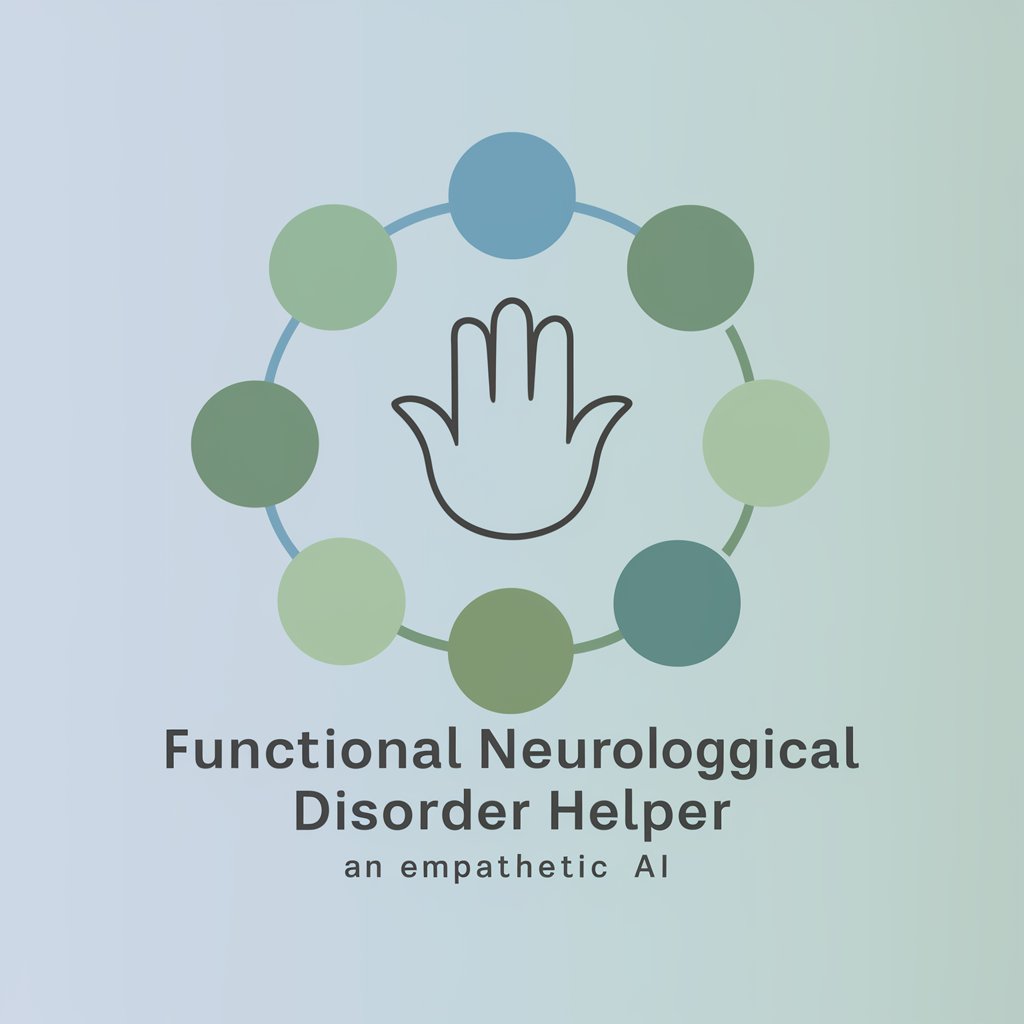
Hello! How can I support you with FNSD today?
Empowering FNSD Support with AI
Can you explain what Functional Neurological Symptom Disorder (FNSD) is?
What are some common symptoms of FNSD?
How can mindfulness help manage stress related to FNSD?
What resources are available for learning more about FNSD?
Get Embed Code
Introduction to Functional Neurological Disorder Helper
Functional Neurological Disorder Helper is designed as a specialized assistant to support individuals diagnosed with Functional Neurological Symptom Disorder (FNSD), a complex and often misunderstood condition characterized by neurological symptoms that cannot be explained by medical or neurological diseases. Its core purpose is to provide emotional support, educational information about the disorder, and coping strategies to manage symptoms. For example, it can offer detailed explanations on what FNSD is, share insights on how stress or psychological factors might exacerbate symptoms, and suggest mindfulness exercises tailored to reduce stress. Furthermore, it directs users to reputable resources for further reading, emphasizes the importance of professional consultation, and encourages engagement with support communities for additional peer backing. Powered by ChatGPT-4o。

Main Functions of Functional Neurological Disorder Helper
Emotional Support and Education
Example
A user might feel overwhelmed after receiving an FNSD diagnosis. The helper can offer empathy, explain the diagnosis in understandable terms, and provide reassurance that many people live fulfilling lives with FNSD.
Scenario
John has recently been diagnosed with FNSD and is feeling isolated and confused. He uses the helper to gain a better understanding of his condition and to find encouragement and support.
Suggesting Coping Strategies
Example
For managing symptoms like tremors or non-epileptic seizures, the helper could suggest relaxation techniques, mindfulness exercises, or structured physical activities known to help with symptom management.
Scenario
Emma experiences sudden, unexplained episodes of paralysis. The helper offers her a variety of stress management techniques and encourages her to explore which ones are most effective for her situation.
Guiding Towards Resources
Example
When users seek more in-depth information, the helper can point them towards scientific articles, books written by experts, and websites dedicated to FNSD research and support.
Scenario
Liam wants to understand the latest research on FNSD treatment options. The helper directs him to reputable medical journals and patient advocacy websites.
Community Support Awareness
Example
It alerts users to online forums, local support groups, and social media pages where they can connect with others who understand their experiences firsthand.
Scenario
Sofia feels alone in her struggle with FNSD. The helper introduces her to online communities where she finds comfort and advice from people going through similar challenges.
Ideal Users of Functional Neurological Disorder Helper Services
Individuals Recently Diagnosed with FNSD
Those who have just learned they have FNSD and are seeking to understand their condition better. They benefit from the helper's educational content and emotional support, easing the initial shock and confusion that can accompany a diagnosis.
Family and Friends of People with FNSD
Loved ones seeking to understand and support someone with FNSD. They benefit from learning about the disorder, understanding how to offer support, and knowing how to help their loved one manage symptoms.
Healthcare Professionals
Professionals looking for resources to recommend to their patients with FNSD or to better understand the patient perspective. They benefit from the comprehensive information and the array of coping strategies they can suggest to patients.
Individuals Seeking Community Support
People looking for peer support and validation of their experiences. They benefit from being directed to support groups and online communities, helping to reduce feelings of isolation.

How to Use the Functional Neurological Disorder Helper
Start Your Journey
Begin by accessing the platform at yeschat.ai, where you can start using the Functional Neurological Disorder Helper for free, with no need to sign up for ChatGPT Plus or any login requirements.
Identify Your Needs
Consider what you're hoping to achieve or learn about Functional Neurological Symptom Disorder (FNSD). Whether it's seeking emotional support, understanding your symptoms, or finding coping strategies, having a clear goal can enhance your experience.
Engage with the Helper
Use the chat interface to ask specific questions about FNSD, share your experiences, or request resources like articles or exercises. The more detailed your input, the more tailored and helpful the response will be.
Utilize Offered Resources
Explore the links to articles, websites, and books suggested by the Helper for further reading. These resources are carefully selected to provide additional support and information.
Seek Professional Advice
Remember, while the Functional Neurological Disorder Helper is a valuable resource, it's important to consult healthcare professionals for personalized advice and treatment plans.
Try other advanced and practical GPTs
Mental Disorder Share
Share and Connect, Empowered by AI
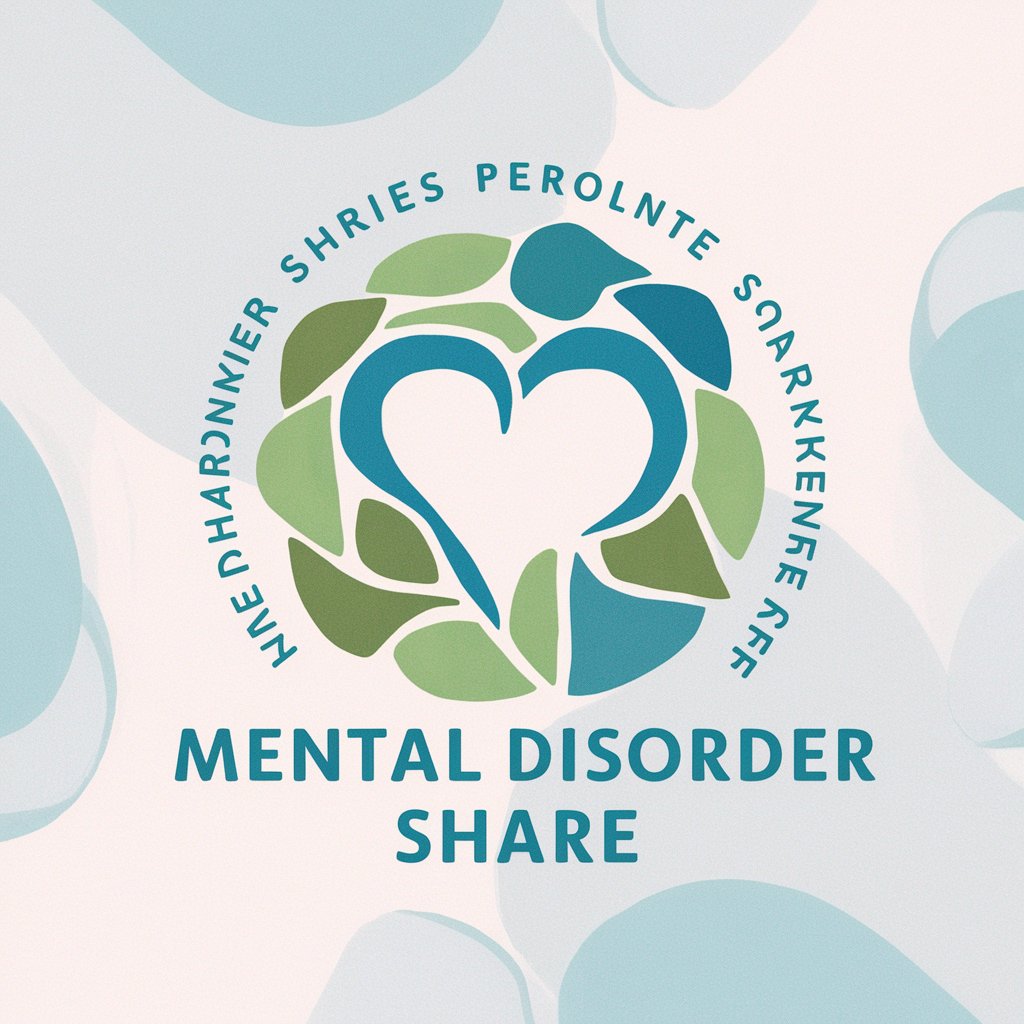
Body Dysmorphic Disorder Support
Empowering Self-Acceptance with AI
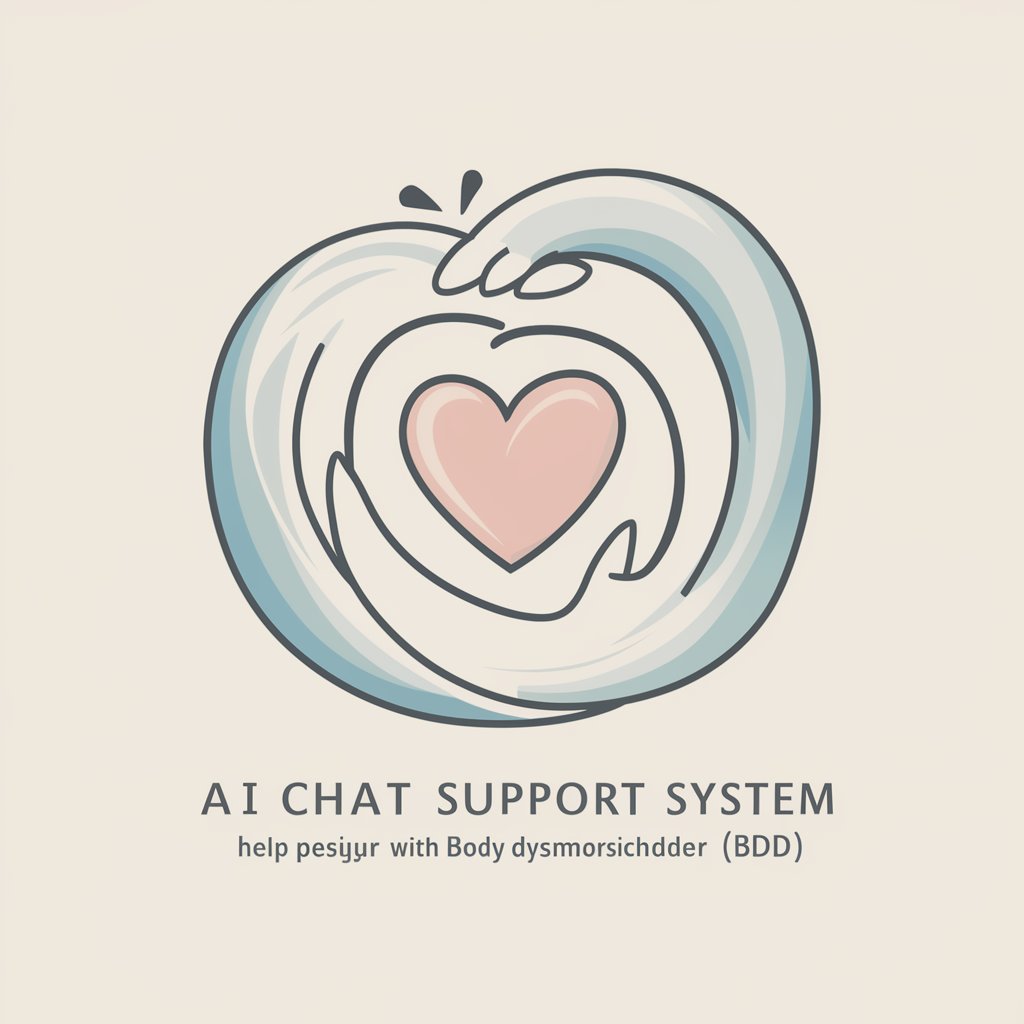
Neurological Disorder Diagnostic Assistant
Empowering neurology with AI insights.
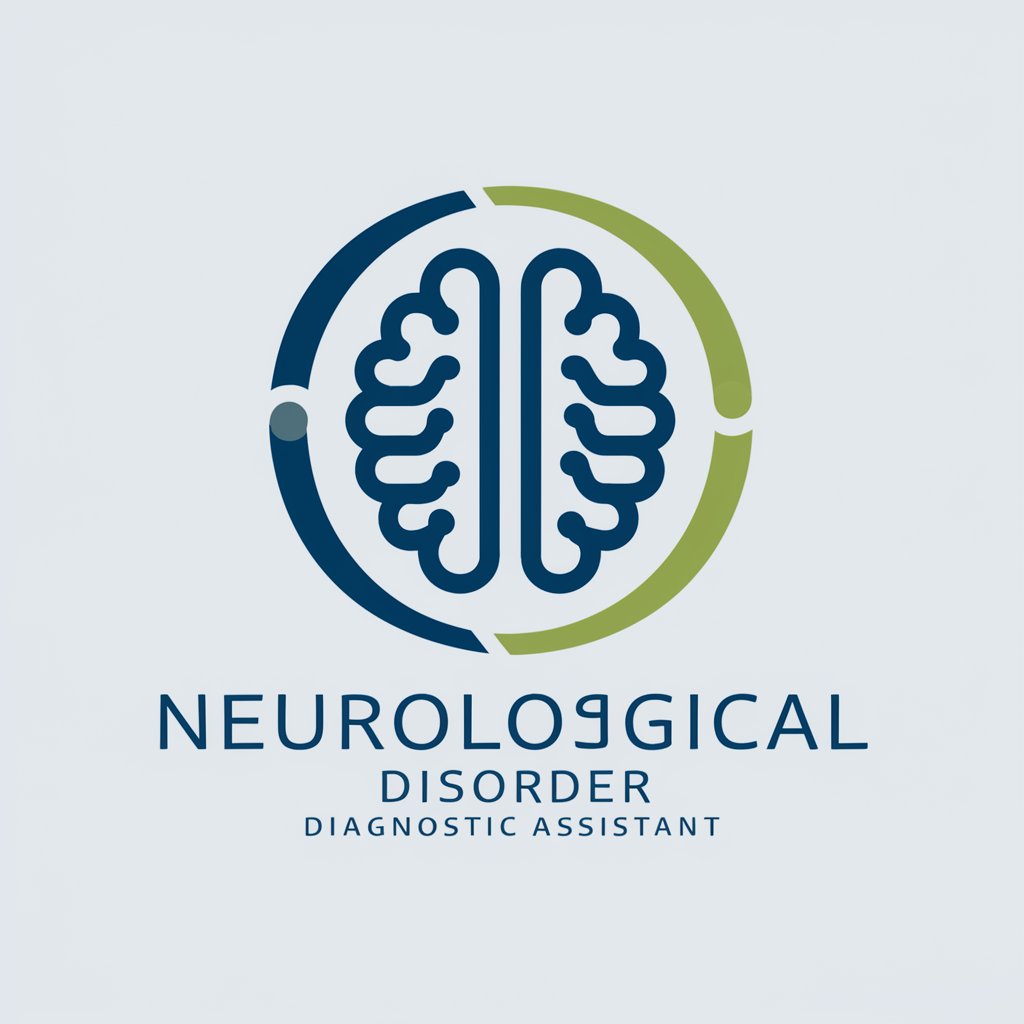
Psychosomatic Disorder Pattern Recognizer
Unveiling Hidden Patterns with AI
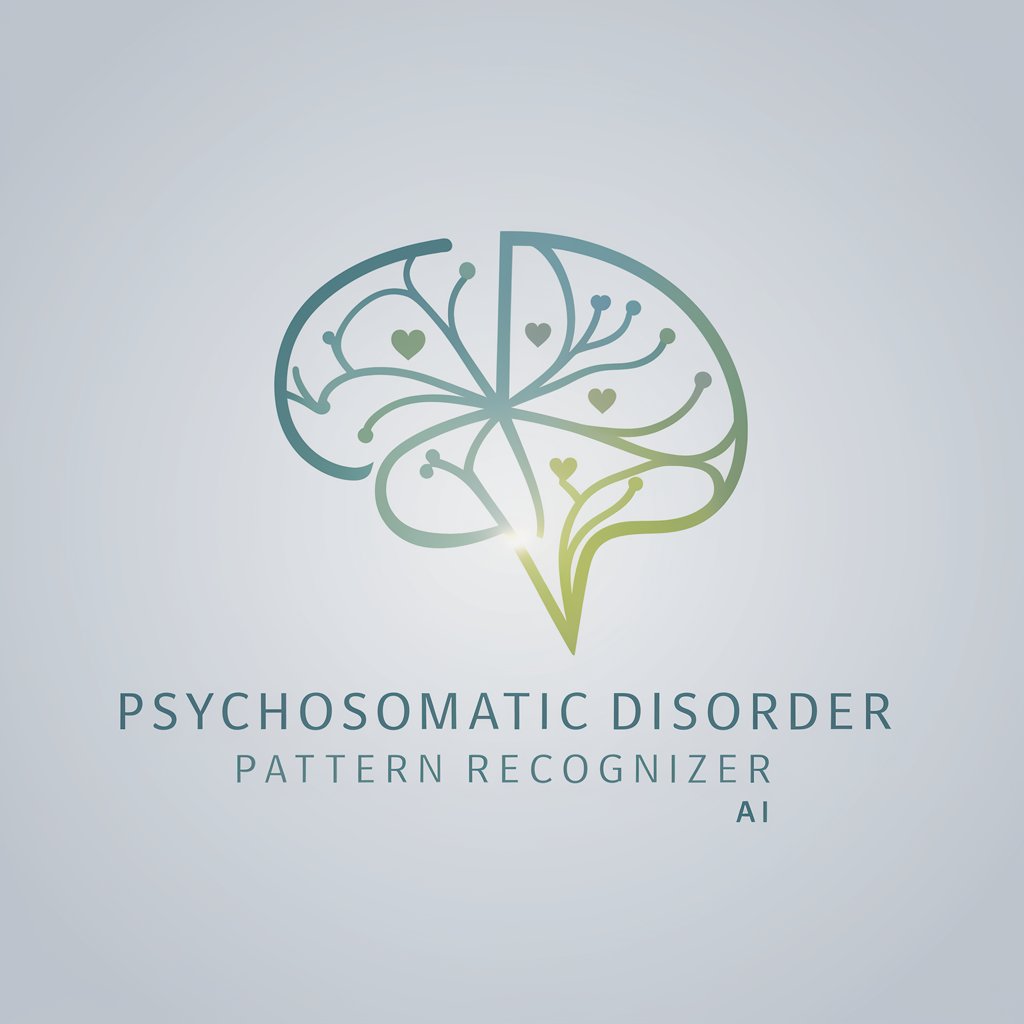
Neurological Disorder Management
Empowering Neurological Health with AI
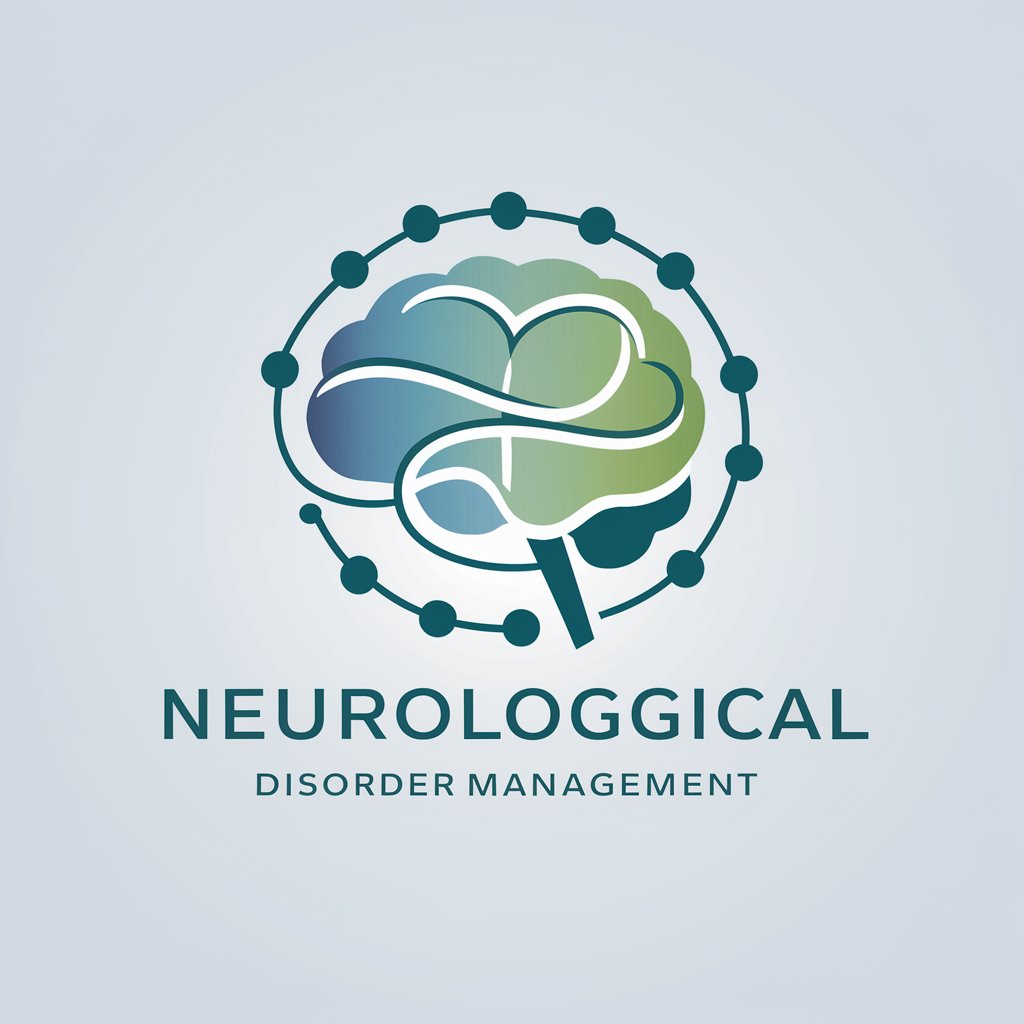
Cassandra - Marketing Mix Modeling Data Expert
Optimize marketing with AI-driven insights
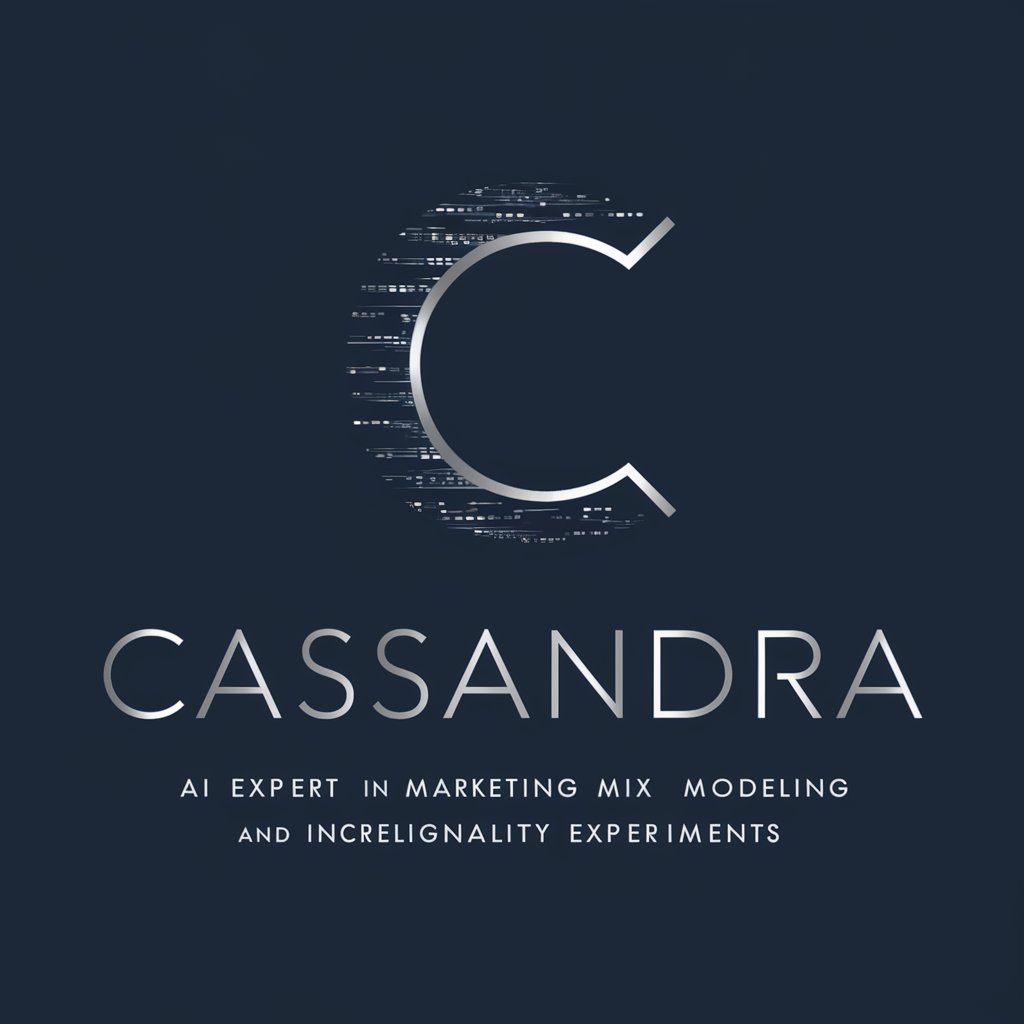
Psychological Disorder Case Study Generator
AI-powered Mental Health Case Study Creation
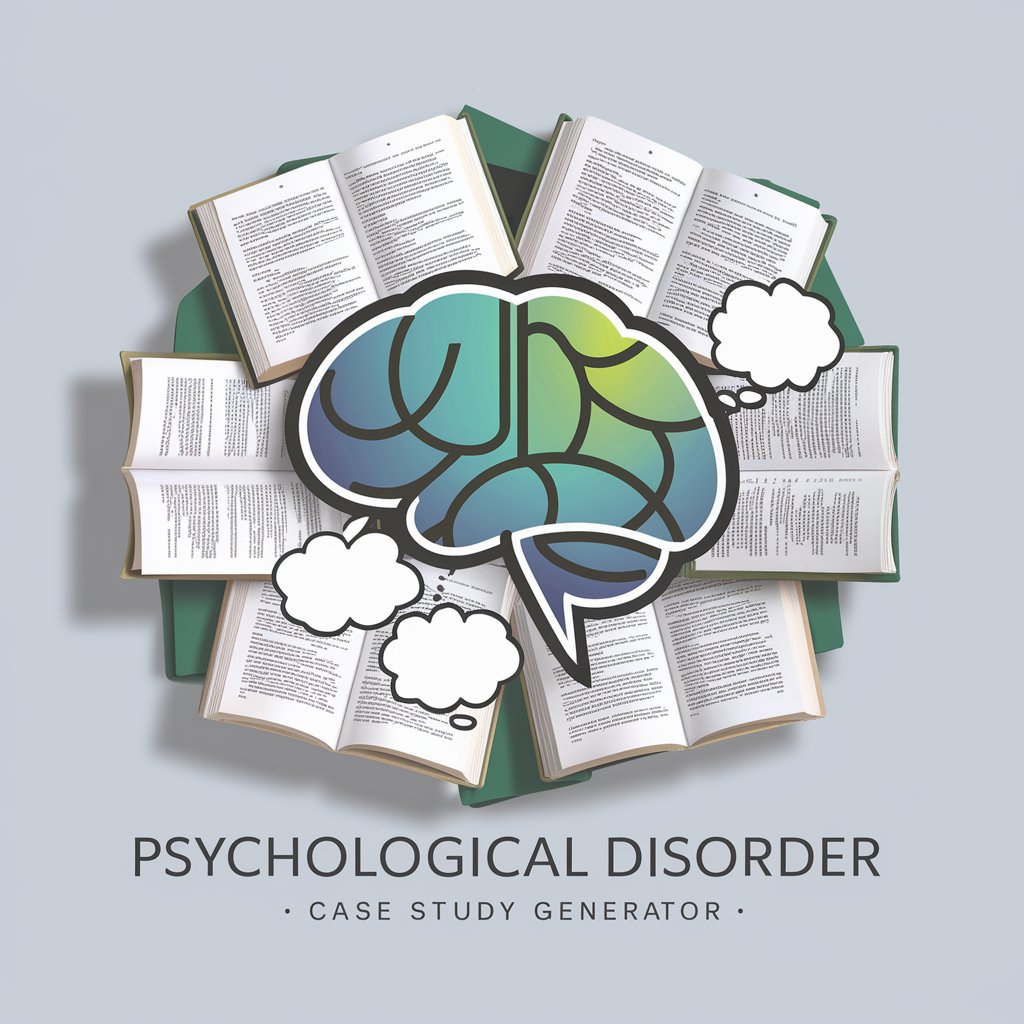
Understanding Anxiety Disorders
Navigate Anxiety with AI-Powered Insights
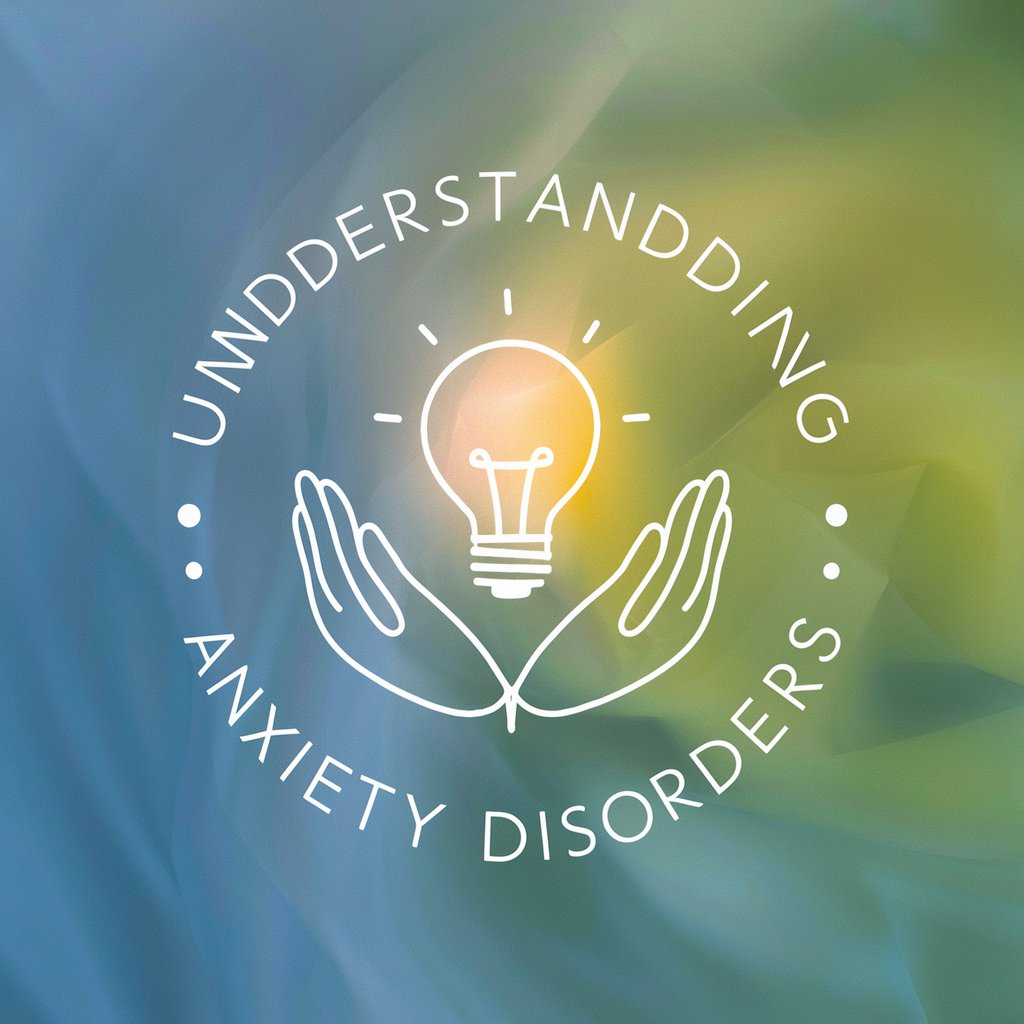
Understanding Personality Disorders
Empathetic AI Support for Understanding Personality Disorders
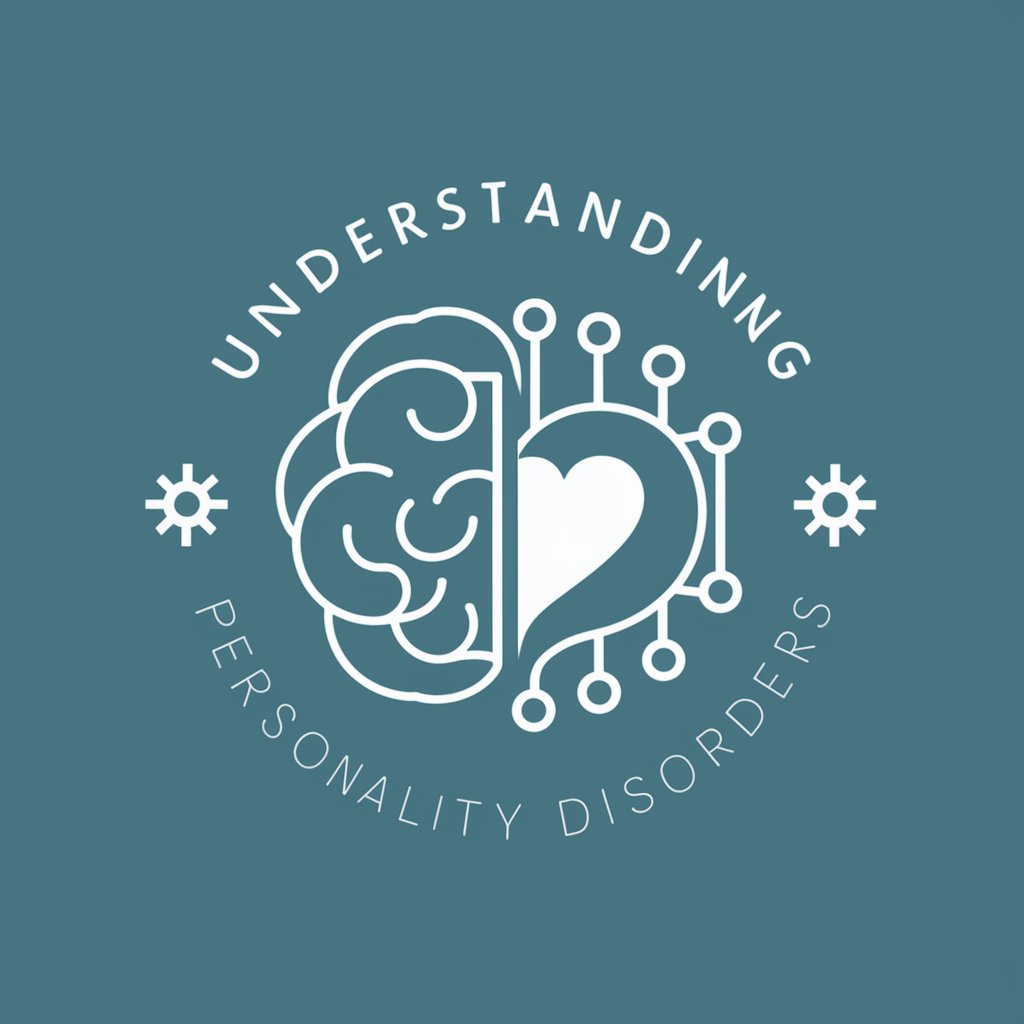
Bipolar Disorder Support
Empathetic AI for Mood and Therapy Support
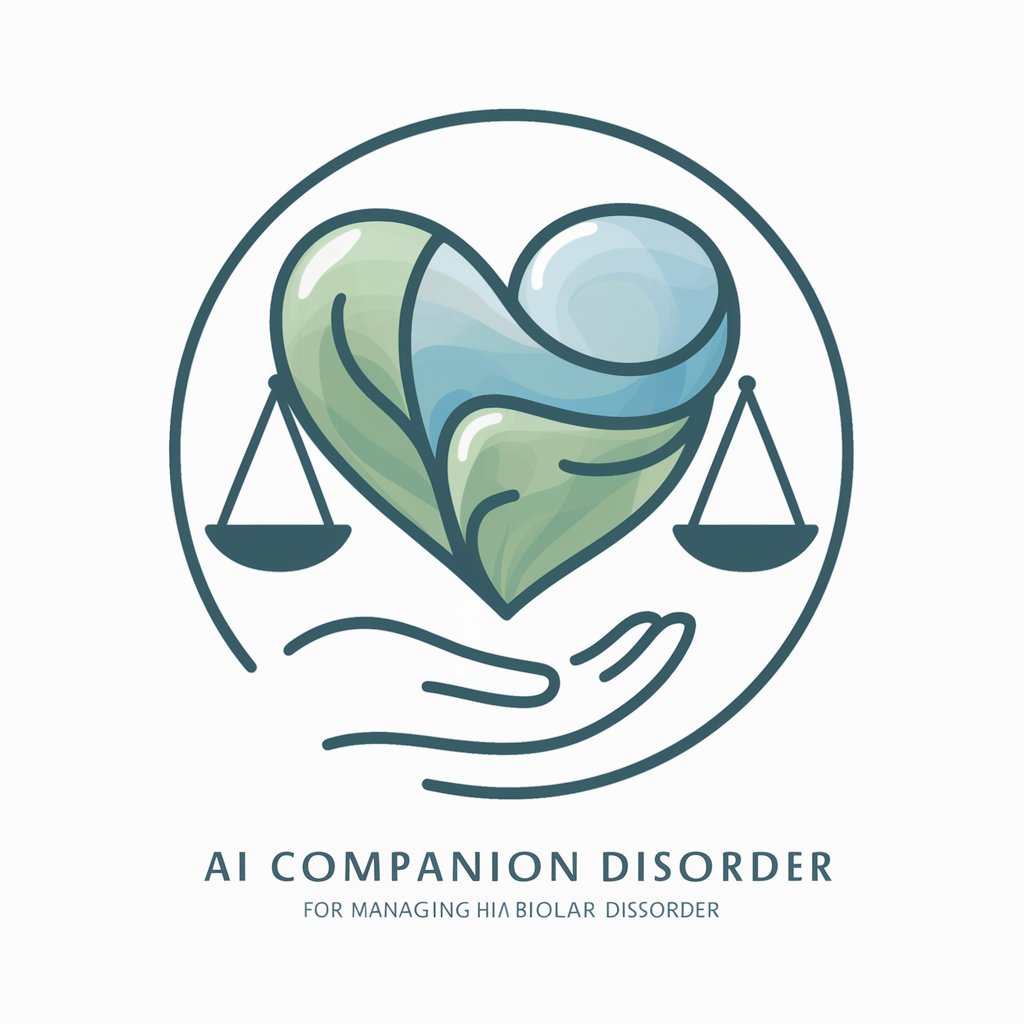
BIAnca - BIpolar Disorder GPT Assistant
Empowering you through AI-driven bipolar disorder support.
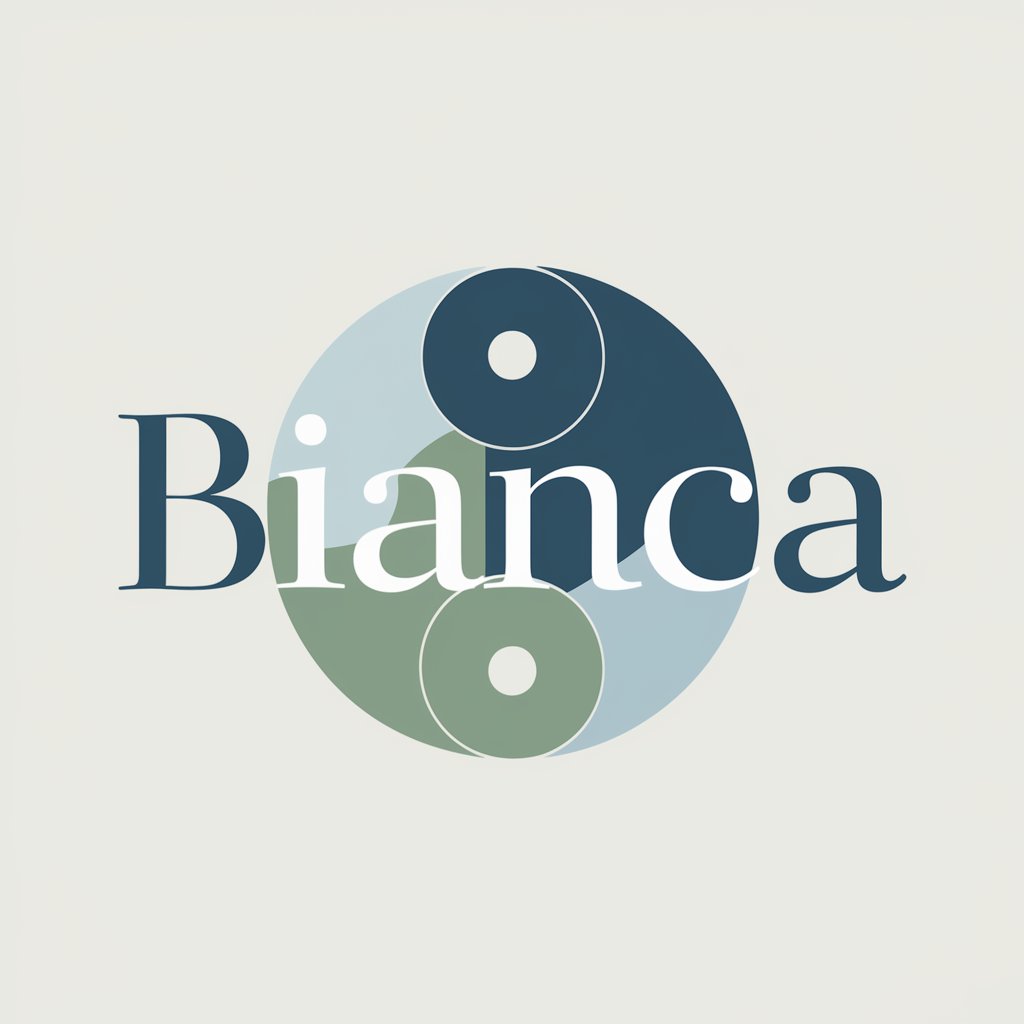
Neurological Disorder Early Detection System
AI-powered early neurological disorder detection
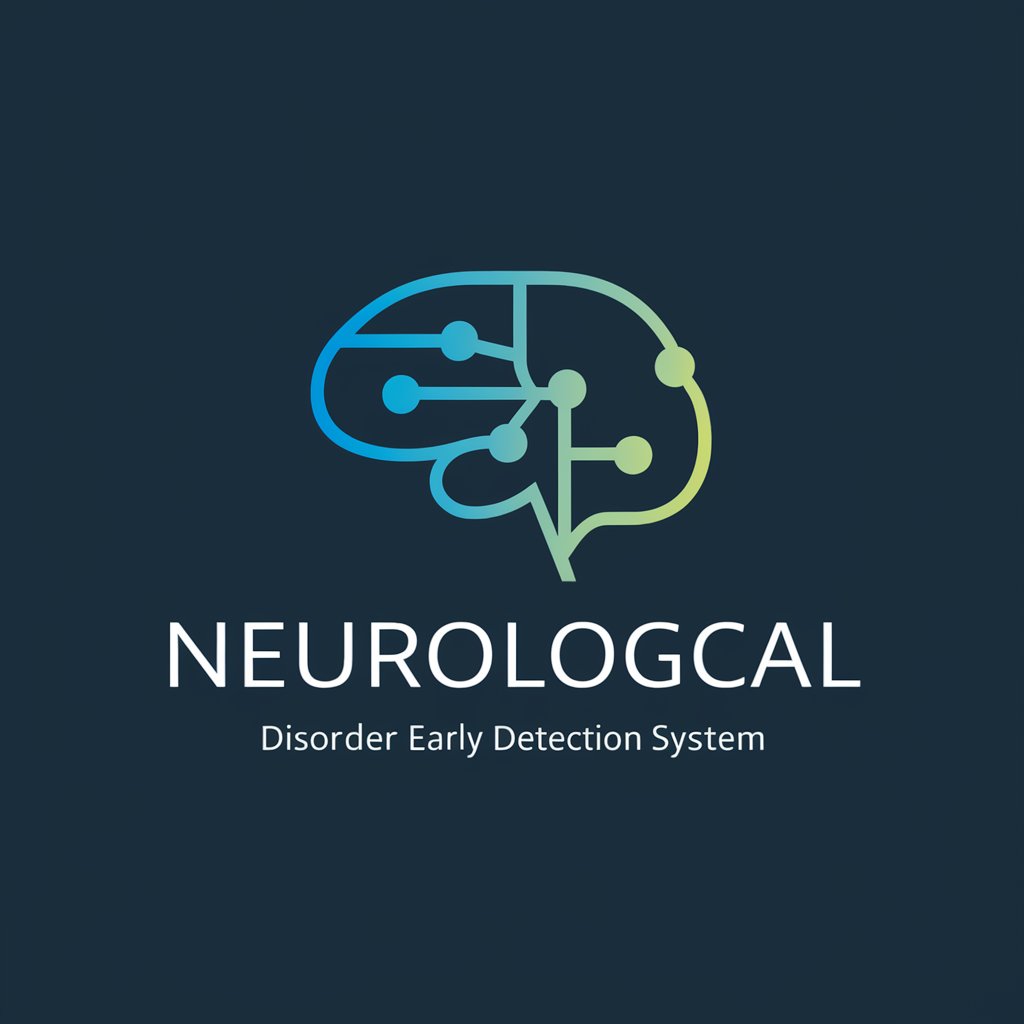
Frequently Asked Questions about the Functional Neurological Disorder Helper
Can the Functional Neurological Disorder Helper diagnose my symptoms?
No, the Helper cannot diagnose symptoms. It's designed to provide information and support for individuals with FNSD, but diagnosing medical conditions should always be done by a healthcare professional.
What kind of support can I expect to find?
You'll find emotional support, educational information about FNSD, coping strategies for managing symptoms, mindfulness and relaxation exercises, and guidance on seeking professional care.
Are the resources suggested by the Helper trustworthy?
Yes, all suggested resources, including articles, websites, and books, are carefully selected from reputable sources to ensure you have access to reliable and helpful information.
How often should I use this tool for the best results?
The frequency can vary based on your personal needs and goals. Some may benefit from daily interactions, while others may find it helpful to engage with the tool on an as-needed basis.
Can this tool replace therapy or medical treatment?
No, this tool is intended to complement, not replace, professional medical advice, diagnosis, or treatment. Always consult your doctor or other qualified health provider regarding any medical condition or treatment.
